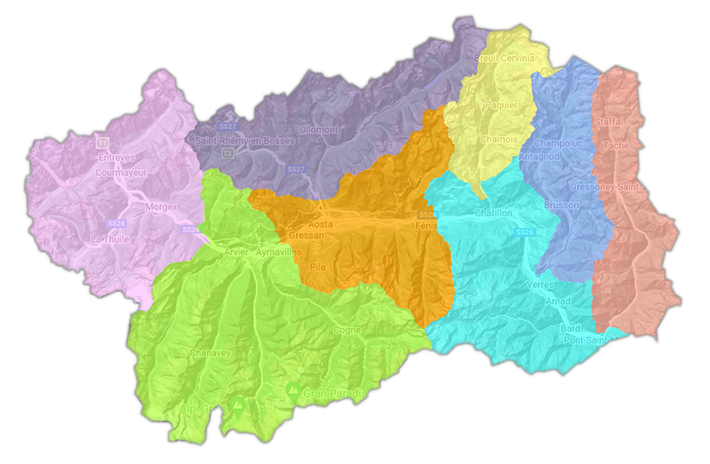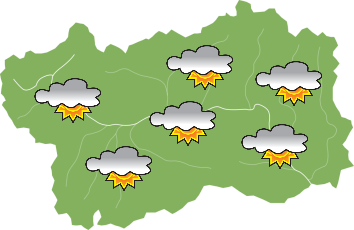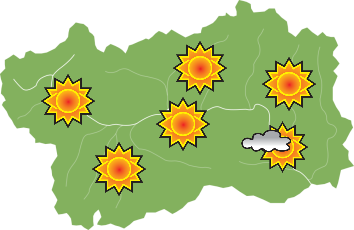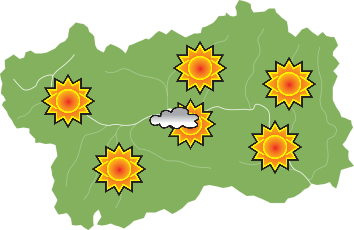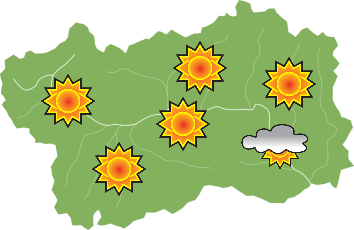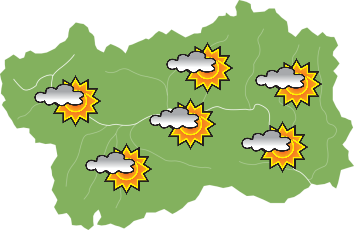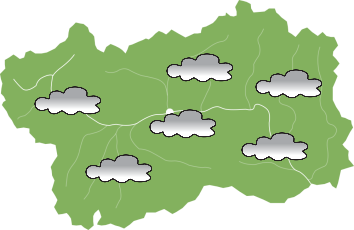The mills of La Magdeleine still preserve a great charm, reminding us of ancient times, when mills were the hub of country life.
In the hamlets of Brengon, Clou and Messelod, aligned by a small stream of water that comes from a source underneath Monte Tantané, there are eight mills; seven of them have been renovated and three, like they did a long time ago, are today able again to grind grains, that in the past were harvested on the sunny slopes of the hills that surrounded the town.
The origins of these buildings were lost during the centuries, but they are certainly very old, just like the first human settlements in the hamlets of the current municipality of La Magdeleine.
The importance of mills in rural economy is confirmed also by the fact that frequently, the right to use windmill for a certain period of time was transferred with the ownership of a field or portion of land.
The peculiarity of mills is also the fact that they were placed in a “chain” form, in order to better use the little water available at the time: this evidently also conditioned the “technology” used: these watermills have a horizontal hydraulic wheel without gears or other mechanisms, as opposed to millstones.
Furthermore, in order to better use the little water available, it was necessary that all eight mills carry out their activities almost at the same time: following this method the result was basically that of multiplying by eight the working capacity of water. Therefore precise “Mill user’s regulations” were set whereby methods and operational timing were established in addition to the rights of participants or owners.
According to a diffused custom, also the mills of La Magdeleine had names that derived from their location, the owners or from the families who let them build.
Starting from the mill on the highest position, the names that were found thanks to the memories of town elders are the following: moulin hatu, moulin d’Arfonse, moulin of Tonne, moulin of Chioset, moulin de la Place, moulin of Mule and moulin of Messelou.
During the summer are open seven mills to discover with free visits. For groups and school groups it is possible to organize guided tours, contact the qualified tourist guides of the Aosta Valley included in the “regional lists”.



